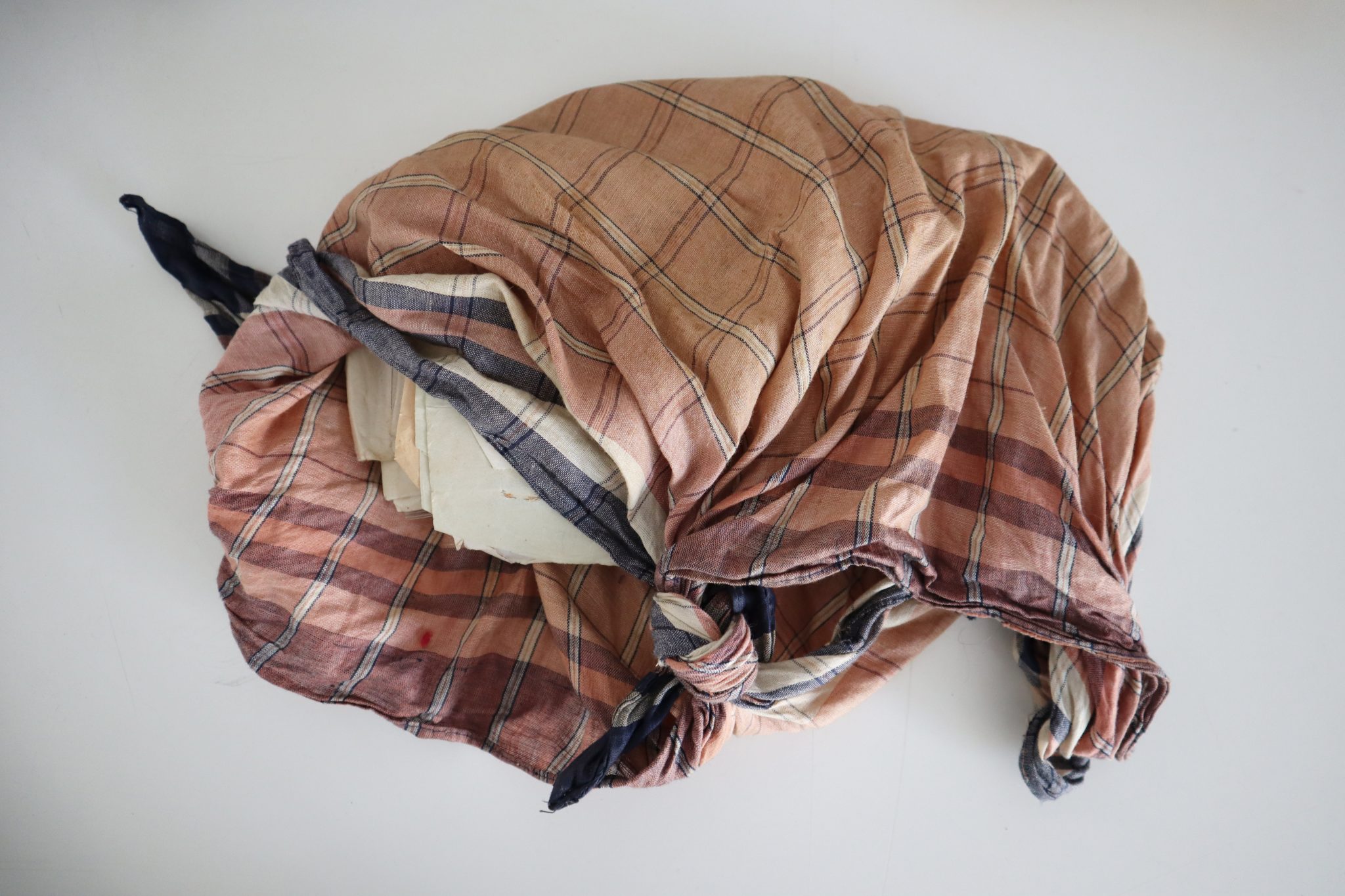I was born in Nea Ionia
in Greece in 1979. I seldom
felt comfortable with this; in
fact I’ve spent the first
half of my adult life
trying to hide my heritage
and faith under the carpet
and live a life that
was clearly just mine
and independent of
the historic destiny of
my family. Can you
imagine what it was
like to look like them,
to cook like them,
to be part of their stories,
to be born into such
a peculiar and contradictory
Protestant Greek family,
part of the forced exchange
of population between
Turkey and Greece in 1923.
I went to public school,
had committed teachers
but also some that were not so inspiring.
I traveled as much as I could,
met other lands and people,
wishing to know
their languages
and customs
and I knew from
a very early age that
if there were ever any
possibility of molting
the collective fate of my
Polis I would
take that path and
I have. I traveled
on a train around
Europe in the early
90s and I guess
you could say
my unrooting years
began. I thought
Well I will be an artist;
what could be
more unimaginable.
I became a stranger.
Every woman
from Minor Asia is
strong, but it is stepping
out of the roles
that makes you
become one.
While holding
this idiomorph thesis,
I have realized and
I have learned and
I am beginning to feel
there is no escaping
history. A woman with
Turkish heritage
working at a grocery store in
Germany asked
me: Are you Turkish?
Armenian? I felt embarrassed
but reassured. People have
always commented
on my big eyelashes and
my take on belonging.
When this unknown
woman invoked for the
first time my
family’s origin
I felt my features
were seen.
Yes, part of me
is from the East.
My attempts
to blend in have not served
me well. Starting as
a humble daughter
I created my own
path assuming a position
of respect in my community.
It is right that this woman
would recognise me now.
Yes, I am
a stranger just
as you are.
You are the new polites.¹
The immigrants are wandering
among us in our
neighborhoods. Refugee
families are among
them. Is that right?
That there are no homes
for the non-citizens, that
there are no choices
for these men and women.
That they get the message
—as they arrive—
that they are bodies out of place.
That this is not their home.
And how is your
home today? Are you happy with it?
Can you afford to heat it up?
Do you realize that due to the
political austerity it can be
taken away from you
at any moment?
Do you feel hospitable?
If welcoming implies
a form of belonging,
does citizenship
then mean that
one has “to fit in”?
If not all bodies are welcome,
there is no Polis. Yes, I was,
but that was in
the golden years of Greece
and remember—as I must—
I was born as a politis.
Shouldn’t we all be citizens?
In the city of democracy,
of philosophy and
the home of filoxenia,
the first Polis,² where the roots
of Western civilization grow.
Rightful citizens
who are not in
the streets, what do
we do with this dilemma?
Listen, what Western
Civilization wants to tell me:
“You are weak.”
Am I weak tonight?
I don’t think so. Am I
the only one hurting
tonight? Am I the only
one out of place
in this room tonight?
Am I the only
one whose family has
migrated, is migrating now?
And my art can’t
be supported because it is
too traumatic, too personal
not grateful enough,
like everyone else’s
confirming
the audience’s feeling
that I am a stranger.
That they alone
are good and knowledgeable
enough, capable of empathizing
and of protecting
and evaluating my art.
The ones who fit in,
and deserve to
belong. Are you
belonging tonight? Everyone
in this room belongs
here tonight.
It is not normal
for me to name me
a stranger,
I am a citizen,
after all.
But I am not ashamed,
I am no longer
weak. I am not
weak tonight because
we are all strangers.
I am here with you.
And we are all citizens
of our Polis.
by Vasiliki Sifostratoudaki
1. “Polites” means “citizens” in Greek, but it is also a nickname for the people who were from Polis / Constantinople (today, Istanbul). Since the forced exchange of the populations until today the name “Polites” or “Mikrasiates” (those who came from Minor Asia) implies a rich heritage and culture but simultaneously verifies the not-belonging. In the sound of “Polites” or “Mikrasiates” the seconds of silence that follow are traces of an unspoken nostalgia and trauma.
2. The polis is exercised by “us” and should involve the whole community, not just a select few. The polis is first of all a community with transgenerational permanence and transfamilial identity, whose members feel solidarity transcending all ties of blood or history. (Inspired by the etymology of polis in Dictionary of Untranslatables: A Philosophical Lexicon (Princeton and Oxford: Princeton University Press, 2014), p. 801.)
Inspired by “An American Poem” by Eileen Myles.
Many thanks for their inspiration and support to Vivina Sky Renberg, Elliana Otta, Sofronia Thomaidoy Eliadi, Theodora Eliadi Sifostratoudaki and Sarah Ahmet.
Special thanks to Sarah Rinderer for her careful editing and consultation
Published by The Goat Pol, 2024

